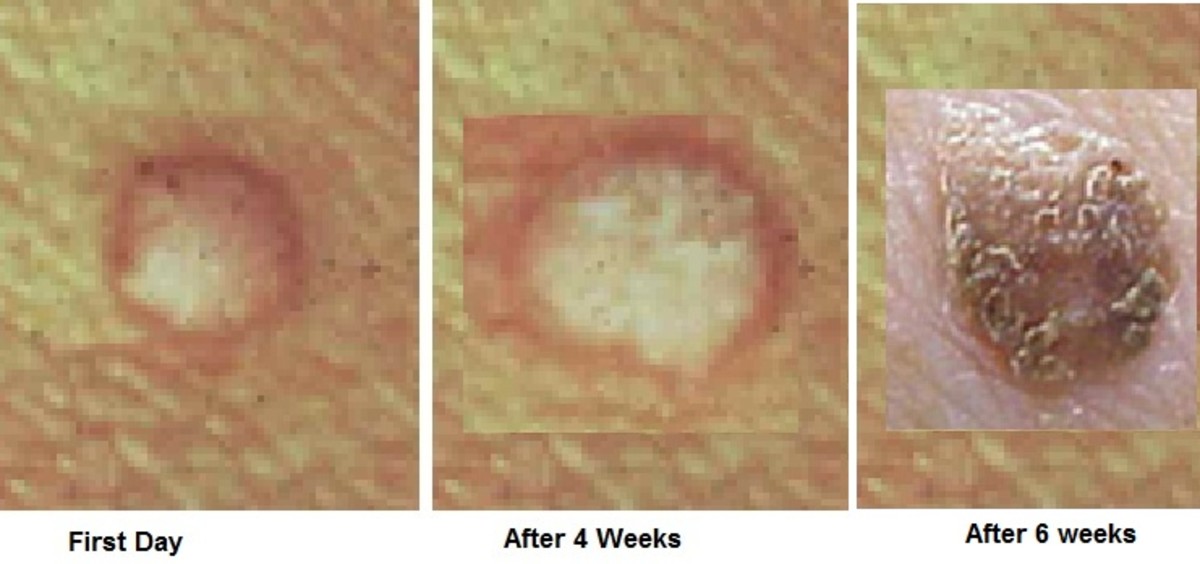Why Should We Maintain Electronic Health Records?
Personal Health Record Data Organization
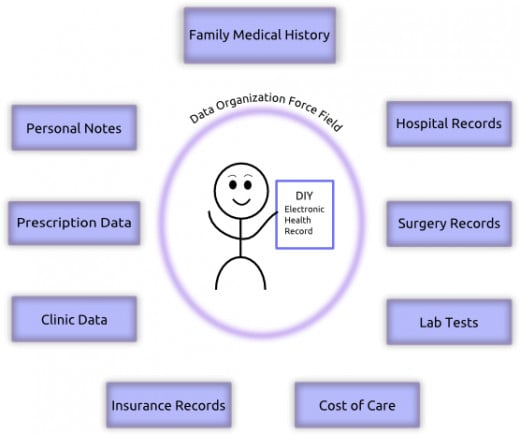
Electronic medical records
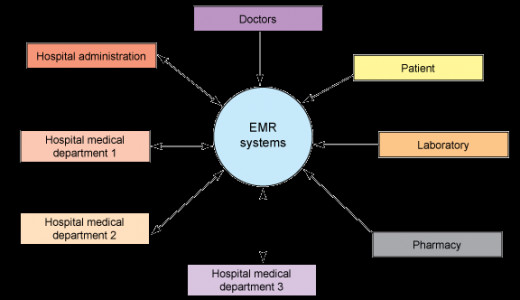
Health Record Maintenance
What are personal health records?
Every record of a visit to a healthcare provider by an individual is collected as a health record of that individual. A complete record of your personal health information is a complete picture of your health history and it cannot exist as a single document or in any consistent setup. Maintaining your personal health record or PHR can provide valuable information to a doctor in improving the quality of the healthcare you receive. PHR is necessary to eliminate the repetition of certain medical tests and avoid the necessity of searching health information. Personal health record helps you to receive safe and faster treatment, and health care in an emergency.
What are the profits of health information records?
Health records can help you to participate actively in your health care by reducing your treatment costs, and by saving your time as well as that of the provider. Any business organization would need a method of recording the health information of employees, to tackle with obligations that might arise on health and safety in the employment act. The organization needs to maintain health records of the employees to deal with hazard management section of the act, incident recording and investigation, for risk assessment, for health surveillance and handling emergency.
What types of health data should be recorded?
The specific content of your PHR reports indicates the type of health care that is received in your life. The documents similar to the health records include medication records, physical exam notes, health history, doctors’ prescription and report, laboratory reports, immunization records and health progress notes. One of the best methods to have continuous access to your health information is to maintain your own PHR. Keeping in the track of your medical records will help you and your family members to store the important health information, which can be beneficial in case you change your healthcare provider, or if your doctor relocates or retires.
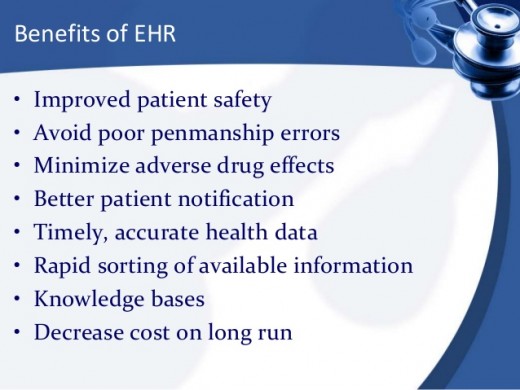
Reasons for maintenance of personal health records are
- To provide sufficient information to the new healthcare providers
- To discuss with a health care provider, regarding the knowledge of your health
- To refer your health information to doctors, prescriptions, medications and insurance claims
- To have access to your health information if your doctor is not within your reach or when you are traveling
- To gather your progress in terms of specific health-related goals
- The vaccinations, appointments, and other vital information can be tracked easily
Is it important to maintain legal details of the health records?
A legal health record aids in supporting the decisions made regarding the patient’s health care. It also supports the reimbursement procedures of the organization. The legal health record functions as a testimony for the illness, injury, and treatment of the patient and the clinical decisions taken on behalf of the patient.
What is the relevance of electronic health records?
Electronic health records have strong legal applications. The record functions as an authentication for legal admission. Electronic health records benefit data integrity, security, access flexibility and help in audit trails. Electronic records are easy to be printed or taken easily as an output data. The electronic data is useful in terms of retention capacity, permanency of the data, data storage, and purging. Electronic storage of health records aids in disaster recovery and business continuity.
Electronic health records preventing adverse events
Care was taken recently by the hospital managemet regarding the maintenance of electronic health records by categorizing them as fully electronic, partially electronic and non-electronic. In fully electronic records, nursing assessments, physician notes, medication lists, problem lists, provider orders, and electronic summaries are included. partially electronic records include some of the components that are electronically generated and not all of them. Non-electronic records do not have any components that are included as electronic information.
Electronic Health Record Practice
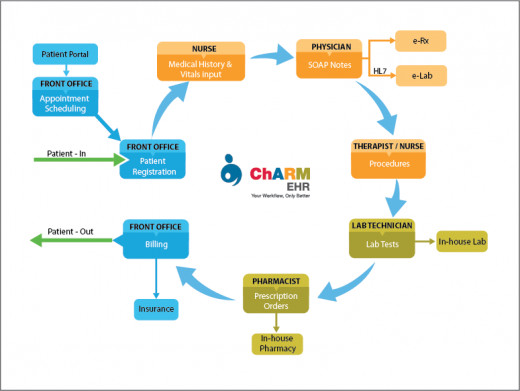
Why to maintain Electronic Health Record system
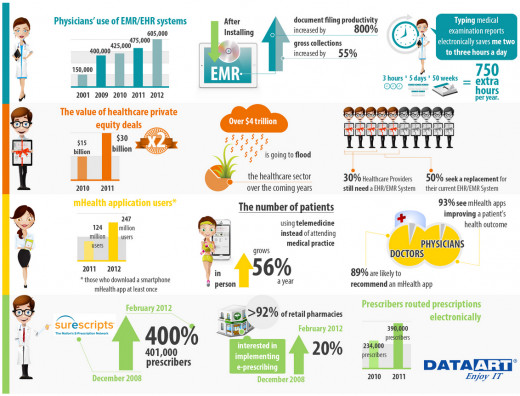
Client Electronic Health Record System
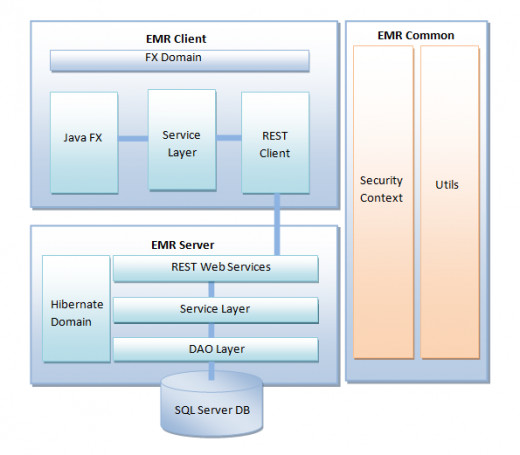
© 2014 Haripriya Munipalli








